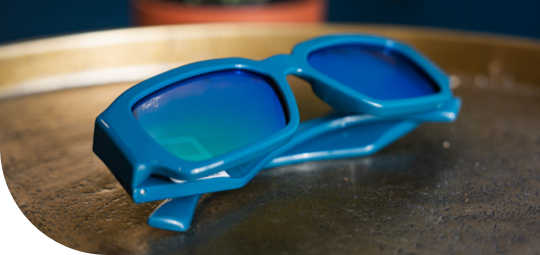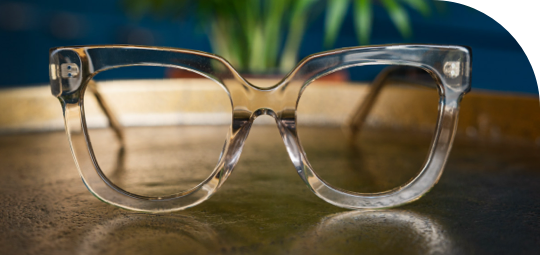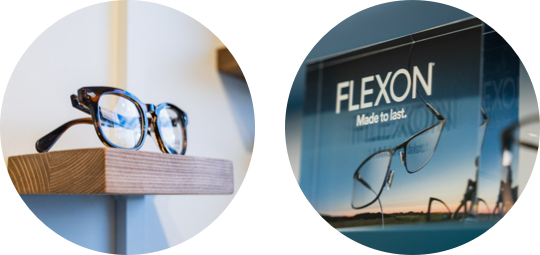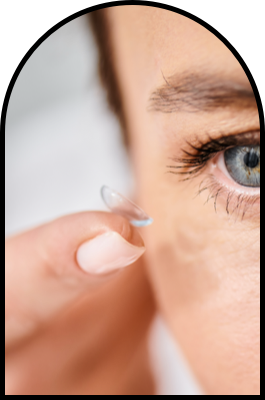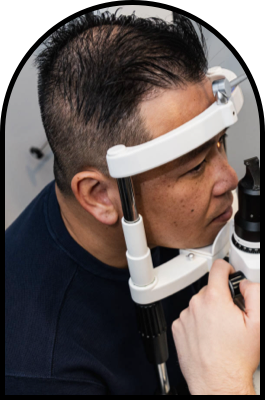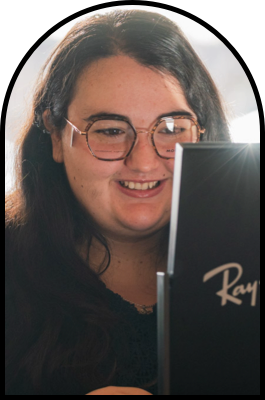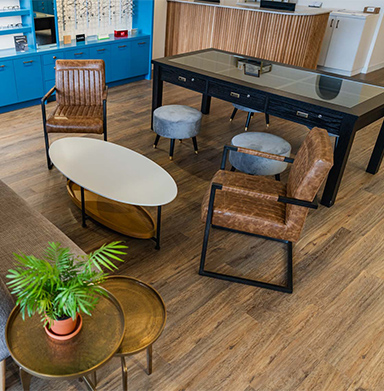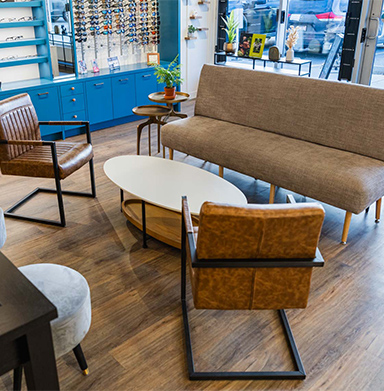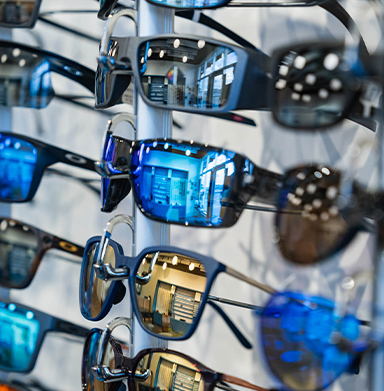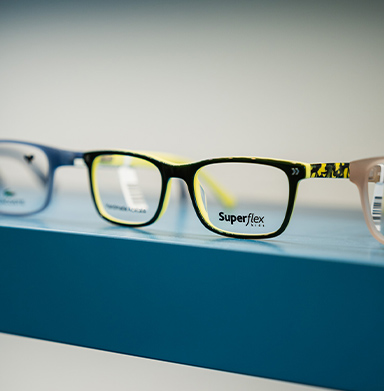Comprehensive Eye Exams, Right Here in Chestermere
As we age, our vision and eye health naturally change, making regular eye exams essential for maintaining clear sight and early detection of potential issues such as eye disease or other conditions.
At Chestermere Optometry, we provide comprehensive adult and senior eye exams to help protect your vision and overall eye health. Whether you are experiencing changes in your sight or it is time for your routine check-up, our experienced team is here to provide personalized care.
We recommend getting an eye exam at least every 12 months. Eye exams are crucial for every stage of life, so contact us to schedule your appointment today.

The Importance of Regular Eye Exams
Eye health changes can occur gradually, sometimes without noticeable symptoms. Conditions like glaucoma, AMD, and diabetes-related eye problems can develop slowly and have serious impacts on vision if left untreated.
Eye exams help us detect these issues early, allowing for more effective treatment and management. Annual eye exams are especially important for seniors to monitor for age-related vision changes.
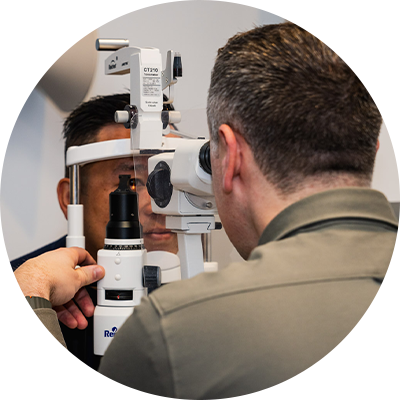

What to Expect During Your Eye Exam
Our eye exams are thorough but relaxed and comfortable. We take your well-being seriously, so please let us know if we can do anything to make your visit more comfortable!
Your eye exam typically takes an hour to complete—please arrive 5 minutes early to keep all information up-to-date.
We evaluate various aspects of your eye health and vision, including:
- Visual acuity: Testing how clearly you can see at various distances.
- Eye coordination: Assessing how well your eyes work together.
- Refraction: Determining your prescription for glasses or contact lenses.
- Eye pressure: Screening for signs of glaucoma and other conditions.
- Retinal health: Checking for signs of eye conditions.
If you require corrective lenses, we can provide you with your prescription after your eye exam. You can choose from hundreds of different styles of frames from our optical dispensary and decide which type of lenses and coatings will work best for you.
Glasses can often be made on-site, sometimes in as little as one hour!

Eye Exams Tailored for Seniors
After our initial conversation about any symptoms and your ocular and medical history, we start preliminary testing. We may use dilating drops to get as much information from your eyes as possible.
Your eyes will remain dilated for approximately 2–3 hours, leaving you a bit light-sensitive and blurry, so you will need a ride home from your appointment.
Then, it is onto the eye exam itself. Eye exams generally take less than one hour, using the results from the preliminary tests as a base to look for prescription changes, age-related eye diseases, and other conditions.
Providing quality eye care means using leading tools and technology to get a full look at your eyes. Our team will happily walk you through each test’s steps.
Autorefraction measures your prescription and the curve of your corneas. This process helps determine your corrective lens prescription and highlights changes in your refraction.
Non-contact tonometry tests measure eye pressure, a key indicator in the development of glaucoma.
Digital retinal photography takes detailed images of your retinas. These images are effective when looking for signs of eye diseases that can present changes in your eye health.
Optical coherence tomography (OCT) imaging is noninvasive and provides cross-sectional images of the corneas, retinas, optic nerves, and other eye components.
Refraction tests, using a phoropter, determine which type and strength of corrective lenses provide ideal vision. Repeat after us: Number 1, or number 2?
We can determine how well your eye muscles perform their duties, assessing their function and performance across various vision tests.
During a slit lamp exam, we use a microscope to examine your eyes. This exam looks at the anterior segment of the eyes, inspecting for corneal disease, conjunctivitis, cataracts, and more.
Binocular indirect ophthalmoscopy is a routine, noninvasive test we perform after dilation. It examines the retina and gathers important information about eye health.
Schedule Your Next Eye Exam with Us
Whether you are experiencing vision changes or simply need your routine check-up, Chestermere Optometry is here to help safeguard your vision.
Book your comprehensive eye exam today and benefit from our technology and personalized care.

Quality Eye Care Services
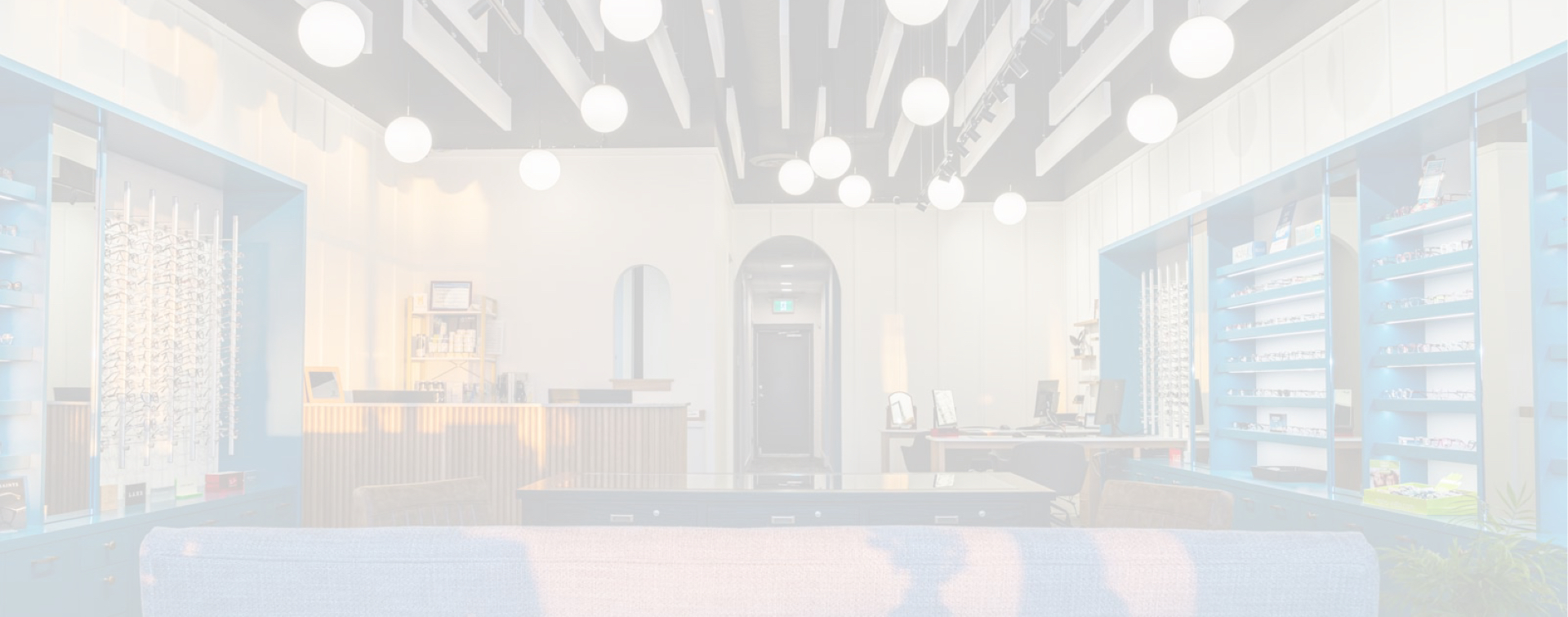
Visit Our Office
Find Us Here
We are located in Chestermere Station near the Safeway. There is plenty of parking outside the clinic.
Contact Information
- Phone: 403-229-2020
- Fax: 403-229-2032
- Email: [email protected]
Our Address
- 110–175 Chestermere Station Way
- Chestermere, AB T1X 0A4
Hours of Operation
Hours of Operation

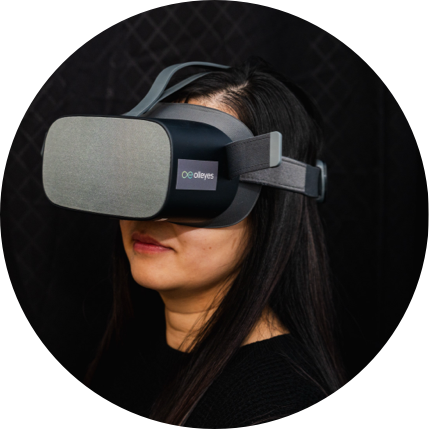

Enhancing Eye Care with Innovative Technology
We are always seeking ways to help enhance your patient experience and care levels. Our commitment to innovative technology has led us to introduce 3 new diagnostic technologies:
- Optos Monaco can capture detailed digital retina images in one scan, aiding in the early detection of potential eye conditions.
- Olleyes VR Virtual Field uses immersive technology for peripheral vision evaluation.
- Huvitz HTR is an efficient 4-in-1 device that combines refraction, corneal curvature and thickness, eye pressure, and meibomian gland imaging (dry eye assessment).

See a Brand New you

